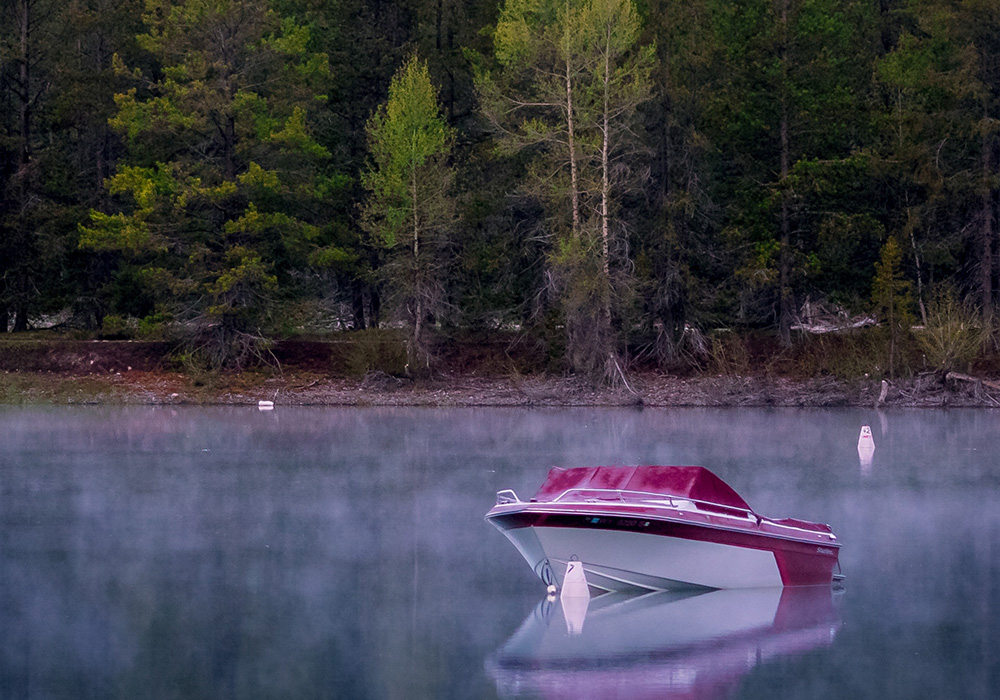The pandemic spurred on a great number of boat sales, many of them from new boat owners. As winter approaches, here are some tips for how to prepare your boat for the colder and rainier months ahead, so that your vessel is ready to go when the sun returns next year.
You may think that living in the Pacific Northwest gives you an out on needing to protect your boat from freezing temperatures. Afterall, we get about one good snowfall a year and winter typically means 45 degrees and drizzling rather than below freezing and blizzarding.
But water expands in the winter, causing damage to engines, electrical wiring, and tubes and pipes that keep your boat sailing smoothly. Failing to winterize your boat could leave you with much more costly repairs in the years to come.
You can go through the process of winterizing your boat yourself, but it requires many steps and proper equipment. If you want to pay someone else to do it, it will cost you several hundred dollars.
For great steps on how to go through the winterization process yourself, Discover Boating has a great DIY guide that includes draining liquid from the engine, inspecting exposed hoses, and draining bilge pumps.
Once you’ve winterized your boat, you still need to make sure it’s stored properly during the cold, rainy months. Otherwise, you’ll get a buildup of mold within your vessel.
If you’re storing your boat outside without any protective roof, you’ll want to make sure it’s wrapped. You can shrink wrap it, or you can use a tarp, but make sure the tarp is not collecting — or worse, dumping — water into the interior of the boat if you’re getting heavy rain. Also check that neighborhood pets like cats don’t hang out in the boat (or worse, leave unwanted presents like rodents behind.).
You can also store a boat during the winter months, such as at a local marina, in covered or uncovered areas. Of course, this can be costly depending on where you live, so check out their prices for the season to see if it’s worth it for you.
And don’t forget that you’ll need to “de-winterize” (some people call it “summerize”) your boat when spring comes back, so that it’s ready to hit the water again.
Questions about boater’s insurance? Contact a Sea Mountain Marine Insurance Specialist today!
